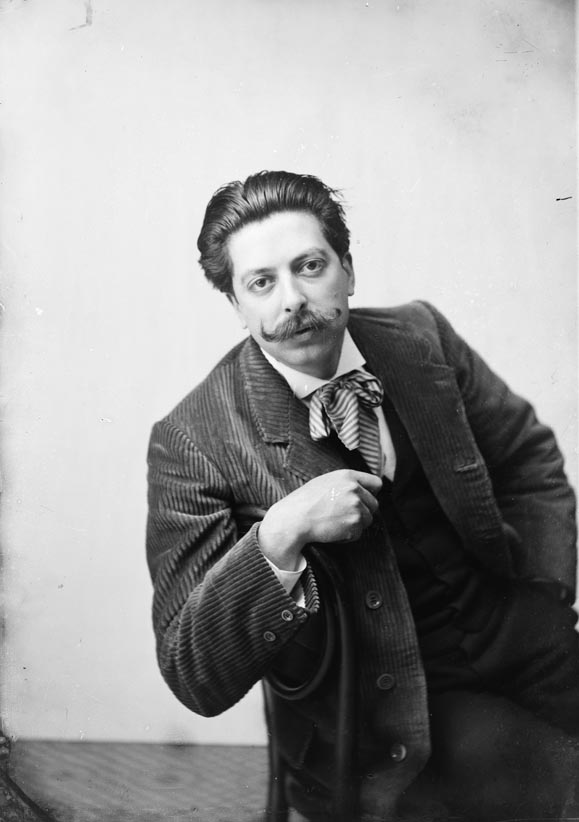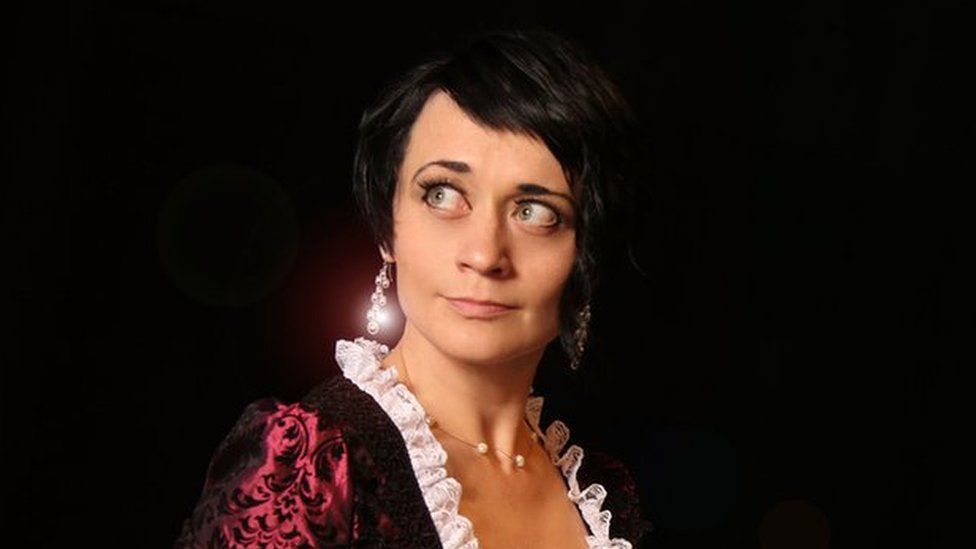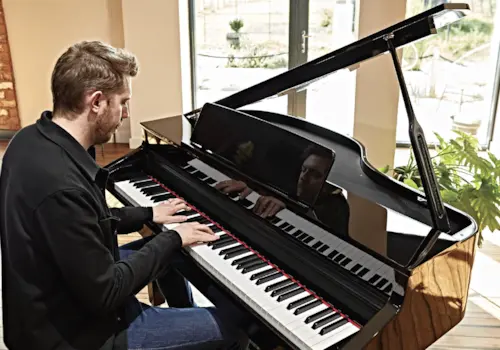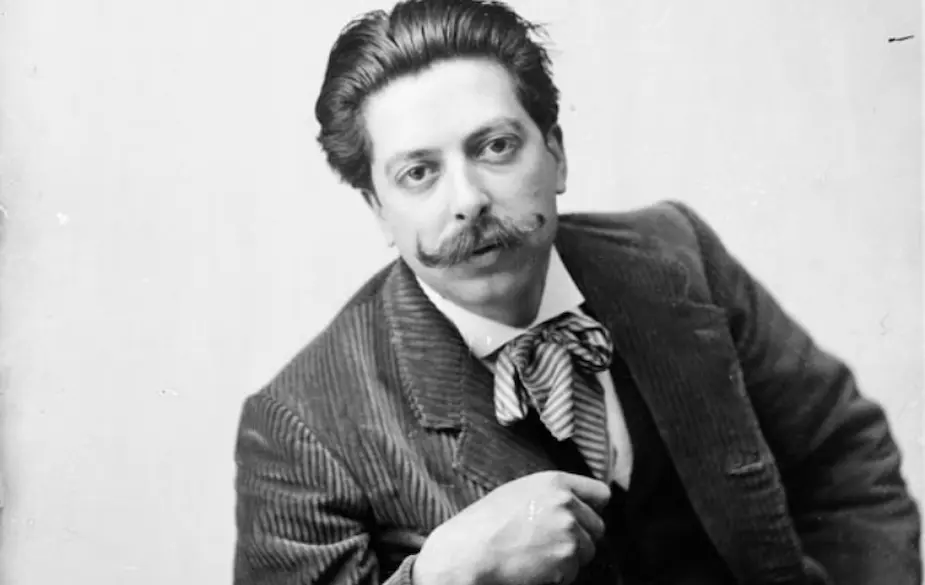Life expectancy may have been lower during the classical era, but there are still a number of deaths of famous pianists that catch the eye as being especially unusual. We take a look at a few of them
Henry Purcell (1659-1695)

The composer is considered one of England's greatest ever composers, often combining Baroque with French and Italian influences.
He tragically died at the height of his career at the age of just 36. It is widely believed he died of tuberculosis, but there have been many rumours since his death that he actually passed away after being locked out of his house by his wife, causing him to catch something resembling a 'chill' or pneumonia which eventually ended up killing him.
Another more unlikely theory is that he died from chocolate poisoning!
Charles-Valentin Alkan (1813-1888)

There is no doubt that the French composer and pianist lived a successful career, being responsible for famous works such as Piano Trio Op 30, Grande Sonate Op 33 and Douze études dans tous les tons mineurs Op 39.
However, there is plenty over doubt over the cause of his death. Many claimed that the composer was crushed by a falling bookcase as he reached up to grab something.
However, it was later confirmed that he was found trapped and crushed by a heavy umbrella stand. This was confirmed in a letter sent by one of his students.
Pyotr Ilyich Tchaikovsky (1840-1893)

Tchaikovksy was of course one of the greatest Russian composers of all time. But his death was shrouded in mystery and conspiracies.
A few days after the premiere of his Sixth Symphony, he died at the age of 53. His death was put down to cholera, most probably contracted through drinking water that had not been boiled. This cause of death came as a big surprise to many as cholera was usually a disease suffered largely by the lower classes. To hear that Tchaikovsky had apparently died of this disease was unbelievable to many.
Rumours soon started to swirl round that he had instead been 'ordered' to commit suicide by the courts, after complaints over the 'disturbing levels of attention he was giving his nephew'. Other rumours suggested he was ordered to commit suicide directly by the Russian Tsar due to his sexuality.
There was also another rumour that he died of arsenic poisoning.
Enrique Granados (1867-1916)

The much-loved Spanish composer has featured many times inside the Scores section of Pianist, but what some of you may not know is that he suffered a very unfortunate and tragic death.
In 1916, he was invited to the USA to perform for American President Woodrow Wilson. He missed his boat back to Spain, forcing him to instead head over to the UK on a separate boat. He then boarded a second cross-channel ferry to France. On his way to France, the boat was torpedoed by a German U-boat.
Part of the boat began to sink, and Granados' wife was beginning to struggle in the water. According to witnesses, he drowned while drying to save her.
Anton Webern (1883-1945)

In September 1945, the Austrian composer and conductor was back in his homeland with his family. At this time, there were curfews in effect in Austria due to the ongoing war.
According to reports, Webern stepped outside before the curfew to enjoy a cigar. Inside the house, Webern's son was entertaining a group of American men for business reasons. Webern's son had got himself involved in illegal black-market activities, and assumed he was dealing with fellow black-market businessmen.
However, things turned sour when the Americans turned out to be US Soldiers. They subsequently arrested Webern's son before 'accidentally' shooting Webern himself as they left the house.
Claude Vivier (1948-1983)

Vivier was a Canadian pianist who studied under acclaimed German composer Karlheinz Stockhausen in Cologne. He composed a number of works throughout his career, including his own opera Kopernikus.
Vivier was an openly gay man his entire career, and one of his final unpublished works describes a fictional relationship between two men, one of whom stabs the other.
Eerily, the pianist was later stabbed to death in 1983 by a truquer (a Canadian 'trickster' who pretends to accept romantic advances in order to gain the opportunity to rob and/or hurt you).
A very coincidental and prophetic death.
Natalia Strelchenko (1976-2015)

©BBC
The Norwegian concert pianist was enjoying a successful career before she was fatally killed in 2015.
Strelchenko was educated at the well respected St Petersburg State Conservatory and had played at Wigmore Hall and Carnegie Hall to rave reviews.
On 30 August 2015, the pianist was found dead in her home in Manchester, with a later post-mortem confirming she had died from head and neck injuries. A year later, her husband John Martin was charged with her murder.








